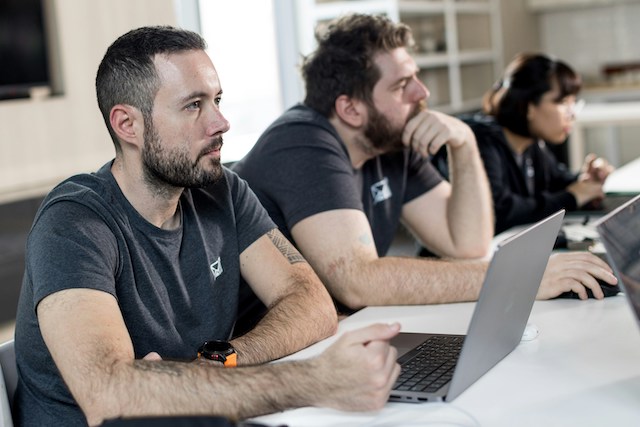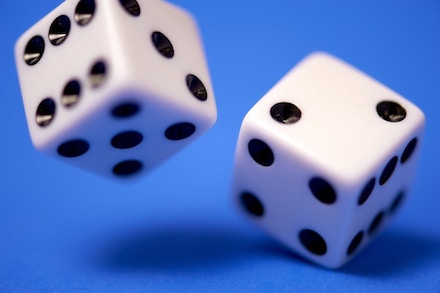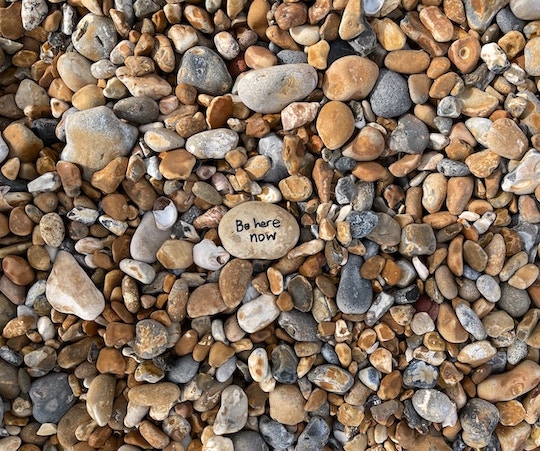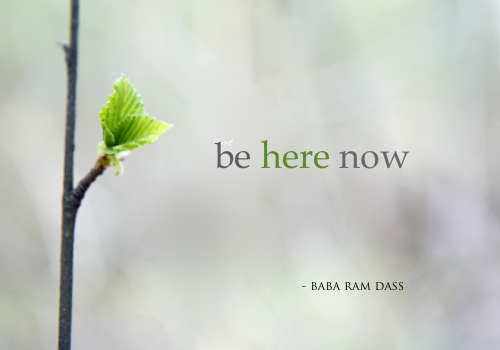“Walk as if you are kissing the earth with your feet.”
—Thich Nhat Hanh, late Vietnamese Buddhist monk, author, teacher
Today’s quote offers us a beautiful invitation to live with presence and gratitude.
Imagine each step you take as a gentle embrace, honoring the very ground that supports you. This simple shift can transform an ordinary walk into a mindful practice, a moment of connection with ourselves and the world around us.
Try moving a bit more slowly today — soften your steps, pay attention to the sensations underfoot, and let gratitude fill your heart for this beautiful planet we share. In doing so, we nurture not only the earth, but our spirit as well.
EXERCISE:
Take a slow barefoot walk today. Try exploring different surfaces such as grass, sand, or carpet, and reflect with gratitude on all the good things in your life.









